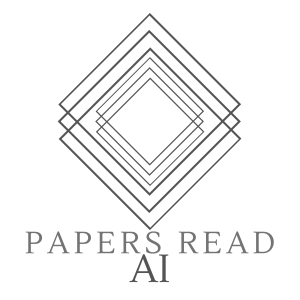
Generative foundation models are susceptible to implicit biases that can arise from extensive unsupervised training data. Such biases can produce suboptimal samples, skewed outcomes, and unfairness, with potentially serious consequences. Consequently, aligning these models with human ethics and preferences is an essential step toward ensuring their responsible and effective deployment in real-world applications. Prior research has primarily employed Reinforcement Learning from Human Feedback (RLHF) to address this problem, where generative models are fine-tuned with RL algorithms guided by a human-feedback-informed reward model. However, the inefficiencies and instabilities associated with RL algorithms frequently present substantial obstacles to the successful alignment, necessitating the development of a more robust and streamlined approach. To this end, we introduce a new framework, Reward rAnked FineTuning (RAFT), designed to align generative models effectively. Utilizing a reward model and a sufficient number of samples, our approach selects the high-quality samples, discarding those that exhibit undesired behavior, and subsequently enhancing the model by fine-tuning on these filtered samples. Our studies show that RAFT can effectively improve the model performance in both reward learning and other automated metrics in both large language models and diffusion models.
2023: Hanze Dong, Wei Xiong, Deepanshu Goyal, Rui Pan, Shizhe Diao, Jipeng Zhang, Kashun Shum, T. Zhang
https://arxiv.org/pdf/2304.06767
view more
2023: Hanze Dong, Wei Xiong, Deepanshu Goyal, Rui Pan, Shizhe Diao, Jipeng Zhang, Kashun Shum, T. Zhang
https://arxiv.org/pdf/2304.06767
More Episodes
Multi-Head RAG: Solving Multi-Aspect Problems with LLMs
 2024-06-21
2024-06-21
 112
112
 2024-06-21
2024-06-21
 112
112
The Future of Large Language Model Pre-training is Federated
 2024-06-03
2024-06-03
 121
121
 2024-06-03
2024-06-03
 121
121
Long-form factuality in large language models
 2024-06-01
2024-06-01
 106
106
 2024-06-01
2024-06-01
 106
106
012345678910111213141516171819
Create your
podcast in
minutes
- Full-featured podcast site
- Unlimited storage and bandwidth
- Comprehensive podcast stats
- Distribute to Apple Podcasts, Spotify, and more
- Make money with your podcast
It is Free
- Privacy Policy
- Cookie Policy
- Terms of Use
- Consent Preferences
- Copyright © 2015-2024 Podbean.com





